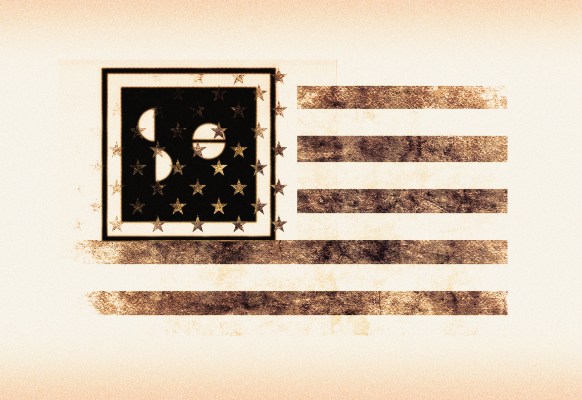At the end of this month, the US government will finally give up “control” of the internet.
In a quiet blogpost, Larry Strickling, the US government’s assistant secretary for communications and information announced that he had “informed ICANN…that…[the US government] intends to allow the IANA functions contract to expire as of October 1”.
That sentence may not mean a whole lot to many people, but this move is of huge global significance in how the internet is managed and governed.
ICANN is the Internet Corporation for Assigned Names and Numbers, a private non-profit organisation based on the west coast of the United States.
It’s not responsible for running the internet entirely, of course (no one is) but it’s an important – vital – part of the jigsaw. It’s responsible, in effect, for maintaining the internet. Without an organization like ICANN, and the IANA (Internet Assigned Numbers Authority) function it undertakes, we wouldn’t have domain names and IP addresses.
For almost twenty years, ICANN has carried out its functions on the basis of a contract with the US Department of Commerce, who set it up to formalize the process for managing domain names.
But ICANN’s future is part of a much wider debate about how the internet is governed. For something that is now so fundamental to how our world works, it is surprising how little this debate has actually played out in the mainstream.
In effect, the internet is “governed” by the Internet Governance Forum – the IGF – which was set up just over ten years ago, and had its mandate renewed last year. Its council is a multi-stakeholder advisory group, with a mix of representatives from government, civil society, business and academia.
It remains pretty fluid and informal, and very much under the radar. It meets once a year, in a different country, for about a week. Several thousand people attend, but there are regional IGF meetings throughout the year. Being part of the IGF tour can almost be a full time job for many people.
Most countries are happy with the arrangement. It’s a bottom up approach which stops something as dynamic as the internet being controlled by one organization, or dominated by a few special interests.
It’s crucial that the IGF survives as it is if we want the internet (for the most part) to remain open, free and global.
Those that hold this view have to resist attempts to put the internet formally under the control of a UN treaty, which is the alternative model that is often proposed, and came quite close to happening a few years ago. However, if we are to maintain this effective arrangement, the IGF itself has to become more transparent.
Governments and businesses should fund it properly, and allow it to communicate much more widely about what it does, who its members are, how they are selected and what the current issues are.
The US government has made a big move in helping ICANN transform itself into a global organization. Now those who are in a position to should cement this change by giving the IGF the backing it needs to ensure that internet continues to operate in ways that support innovation and openness.
